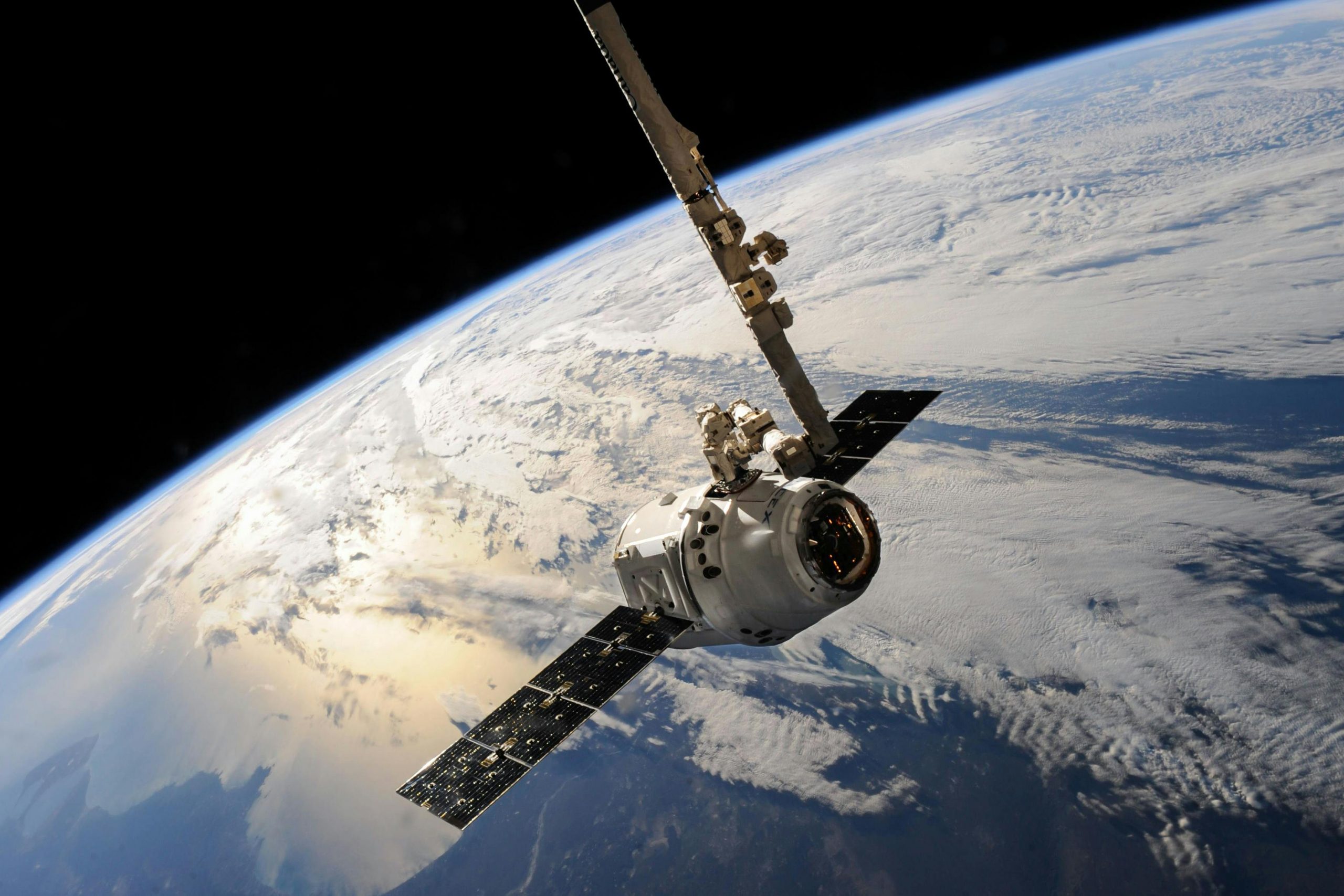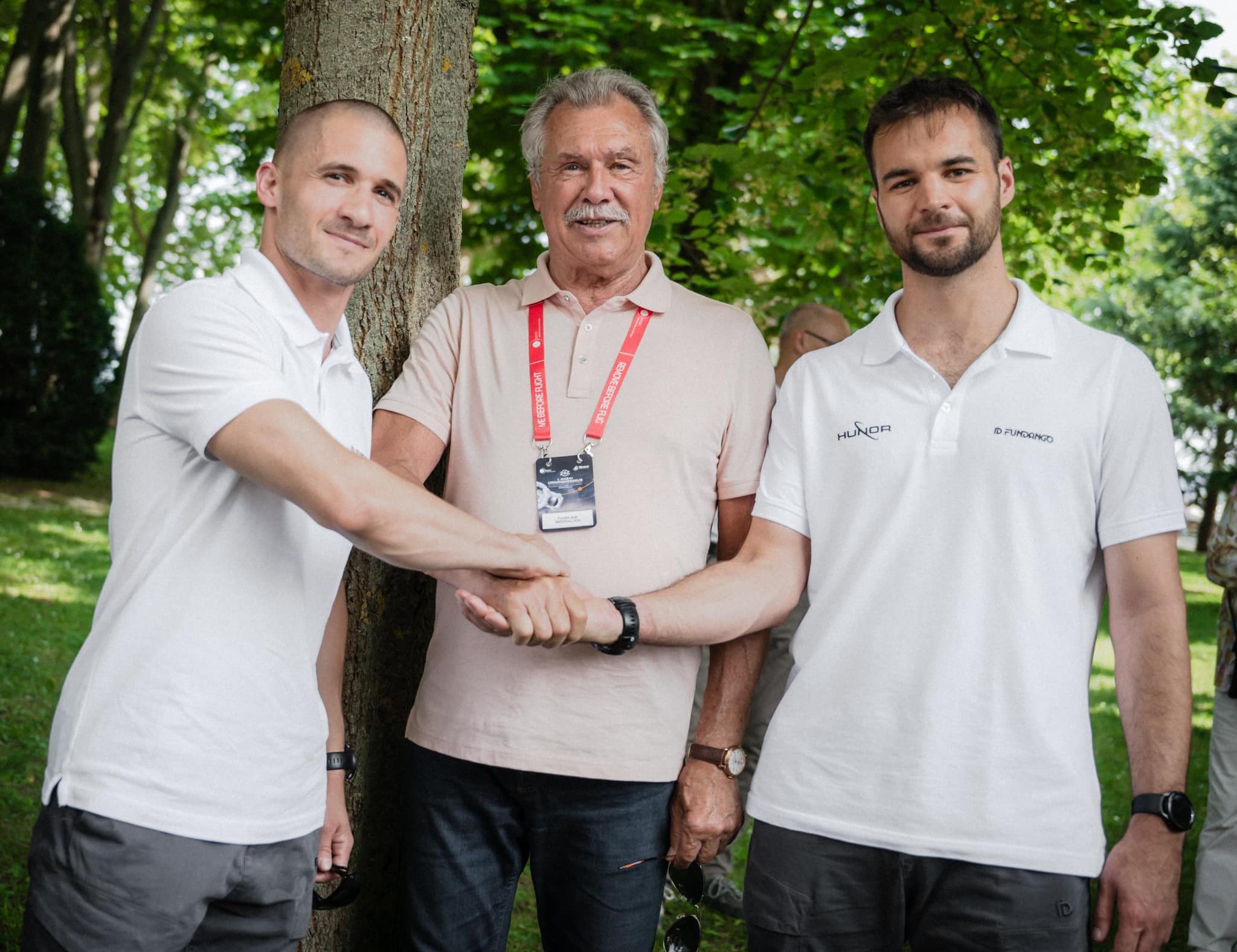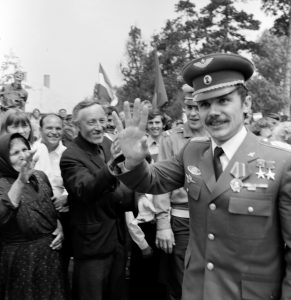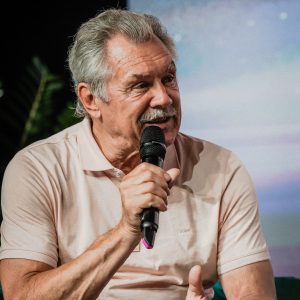
The flight will be launched in autumn and Tibor Kapu is the first Hungarian astronaut to return to space after 44 years.Continue reading

Today Bertalan Farkas, the first Hungarian astronaut, colonel engineer, member of the research team of the Intercosmos Council of the Hungarian Academy of Sciences (MTA), whose work was recognized with several prizes, is 75 years old.
Bertalan Farkas was born in 1949 in Gyulaháza, Szabolcs-Szatmár-Bereg County (eastern Hungary). He excelled in football, but after learning about sport aviation, he decided to become a pilot: in 1972 he became a flight officer, and four years later a first-class fighter pilot. After serving in the Hungarian Air Force, he volunteered to become an astronaut and from 1978 he trained as an astronaut with the rank of flight lieutenant.
In the second half of the 1970s, the joint space exploration program of the socialist countries, Intercosmos, made it possible for representatives of the member states to go into space on Soviet Soyuz spacecraft. Only jet fighter pilots who had already undergone extensive screening and training could apply to become astronauts.
In 1977, the selection process was narrowed down to four candidates.
Two of them – Bertalan Farkas and Béla Magyari – trained at the Yuri Gagarin Cosmonaut Training Center near Moscow, also known as Star City, between 1978 and 1980.
Of the two, Bertalan Farkas was chosen to be the astronaut in 1978, and Béla Magyari was his replacement.
On May 26, 1980, space scientist Bertalan Farkas and Commander Valery Kubasov set off from the Baikonur Cosmodrome in Kazakhstan on board Soyuz-36. Hungary became the seventh nation to enter space.
Farkas later revealed that with his 68 kilograms, he was thin for an astronaut, therefore his spacesuit had to be equipped with small lead bricks to meet the required weight.
The spacecraft docked a day later at the Salyut-6 space station. The international crew’s program included several experiments and observations in biomedical, metallurgical, physics, remote sensing and resource research planned by Hungarian research institutes. For instance, they investigated how interferon protein is produced in the human body under cosmic conditions.
Farkas and Kubasov, aboard Soyuz-35, landed in Kazakhstan on June 3. They were the first to endure an overload of 45-50 g on their return to Earth. The first Hungarian astronaut spent 7 days, 20 hours and 45 minutes in the cosmos.

Bertalan Farkas visiting Gyulaháza, his home village in 1980. Photo: Fortepan / Szalay Béla
The space mission had a huge impact, the Hungarian astronaut was given a hero’s welcome, state honors and promotion to lieutenant colonel.
Bertalan Farkas graduated in transport engineering from the Budapest University of Technology (BME) in 1986 and became a member of the research group of the Intercosmos Council of the MTA, where he was promoted to the rank of colonel engineer. From 1995 he was a Brigadier General and Deputy Air Force Flight Inspector. In 1996, he became an Air Attaché in the United States, retiring in 1997. He then started business ventures and worked as a research engineer in military environmental protection and as a scientific consultant.
In 2020 he was awarded the Görgei Artúr Lifetime Achievement Award and in 2022 he was made a member of the the Order of Vitéz. An educational and methodological center in Budapest bears his name and a small planet also is named after him. Since its creation in 1985, he has been a member of the International Astronautical Federation and one of the founders of the Space for Earth Foundation.

Bertalan Farkas at the first Hungarian Space Congress in June 2024. Photo: Facebook/HUNOR – Magyar Űrhajós Program
The second Hungarian astronaut selected in May this year for the HUNOR Hungarian Astronaut Program will be mechanical engineer Tibor Kapu (with Gyula Cserényi as his reserve), who will travel to the International Space Station on a mission with the U.S. company Axiom Space and the U.S. National Aeronautics and Space Administration (NASA).
Via Hirado.hu, Featured image: Facebook/HUNOR – Magyar Űrhajós Program